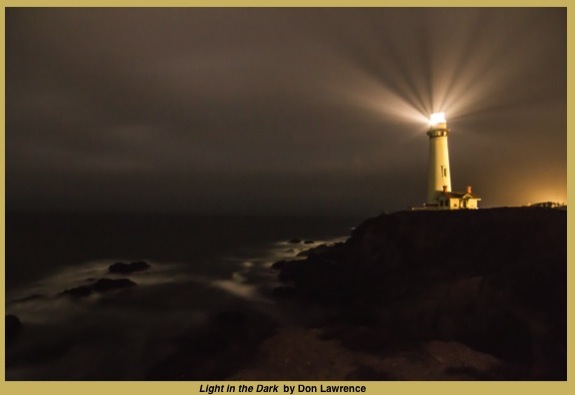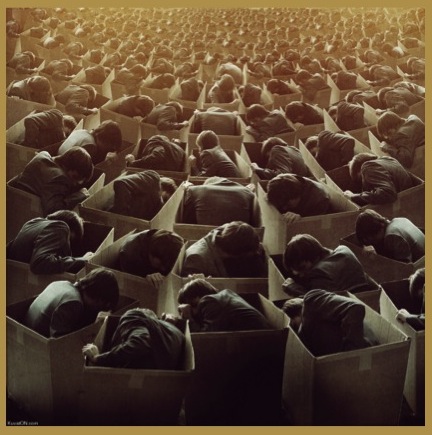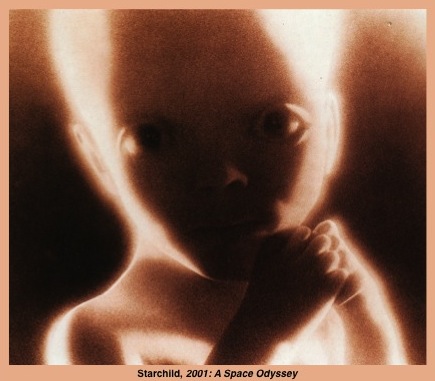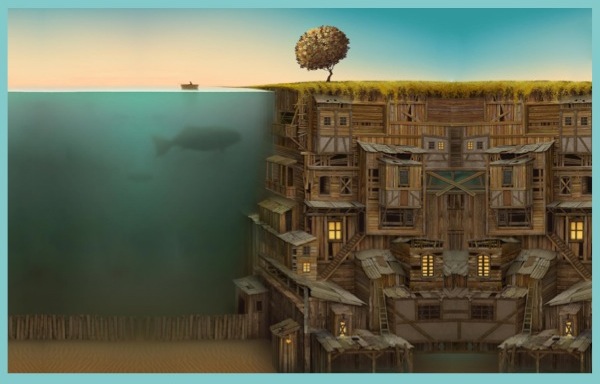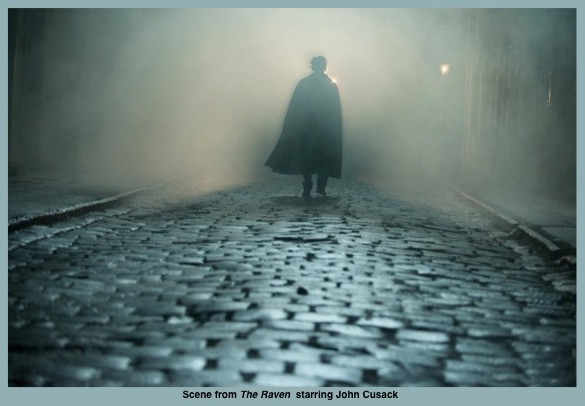I have been struggling and thinking and trying to formulate for months a way of explaining my odd admixture of rationality and belief. Most notably (and in long-winded fashion), here. It’s been itching at me ever since someone accused me of being irrational because I refused to slam the door shut on the existence of extraordinary possibilities. “No, that’s not it,” I wanted to say, but everything I came up with sounded defensive.
Then I heard a piece on NPR back in December that really nailed it for me. I’ve been meaning to blog about it ever since, but things have a way of getting away from me these days. I revisited the piece today, and Eric Weiner says everything I’ve wanted to say, only far more eloquently and succinctly than my own flailings. I urge you to read (or listen) to the entire brief essay. But here’s the encapsulating bit for me:
The debate between faith and reason is a false one. Science and religion don’t occupy the same turf. Saying, “Now that we have science, there is no reason for religion” is like saying, “Now that we have the microwave oven, we have no use for Shakespeare.” We need both, of course. Only then can we lead fully rounded lives.
—Eric Weiner, “A Quest To Seek The Sublime In The Spiritual,” National Public Radio, December 20, 2011
With all due respect to my atheist friends, I am never quite convinced by the arguments of people like Christopher Hitchens (and especially not Richard Dawkins). (And no, atheist friends, I don’t want to debate this with you. Use your own pulpit to preach your message.) What these gentlemen fail to comprehend is that religion is just the excuse for people to behave badly. If people didn’t have religion to use as a rationale for their prejudices and hatred, they’d find something else. The rise of environmental terrorists and animal activist terrorists proves this. Any cause will do if you are of a mind to create destruction and chaos and think your point of view trumps everyone else’s.
I don’t consider myself religious. I have no religious affiliation—although I have incorporated the views of many religions into my worldview. I consider myself spiritual. I consider myself a quester. I am comfortable with doubt as a part of my spiritual makeup. I think doubt is a healthy thing, and quixotic questions the ultimate spiritual guide. I accept that the universe doesn’t always make sense. It is a quantum paradise, with a seething mass of complicated questions that no facile answers can ever fully address. I am content that it should be so.
